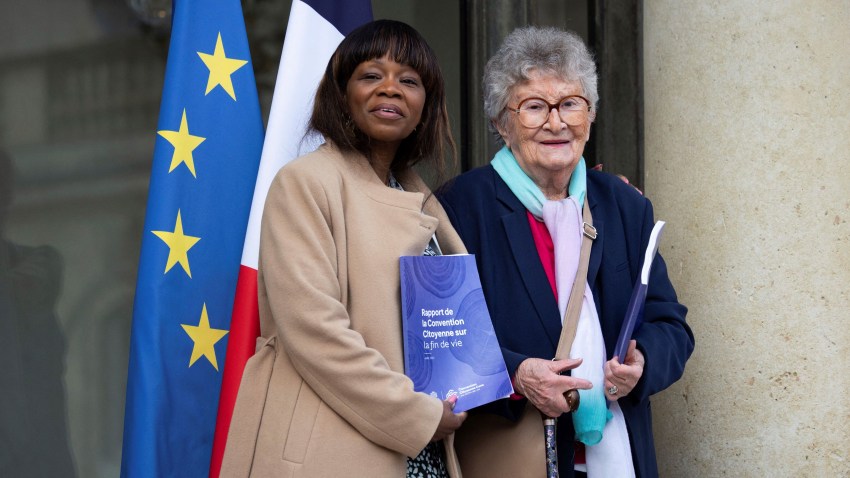PARIS—Joy. Tears. Then a visible sense of triumph spread across the faces of the nearly 200 people in the debating chamber of the Palais d’Iena in Paris. The outcome of the final vote, displayed on the screen before them, was proof that their citizens’ assembly had successfully squared the circle of one of the trickiest political decisions any country can face—and kept even those who disagreed on board.
This particular group, which gathered in Paris from early December until its final vote on April 2, was convened to decide whether to adopt a report recommending that France lift its ban on medical euthanasia and assisted suicide for patients suffering from incurable diseases. Having read a library of special briefings, listened to 60 experts and deliberated for a total of 27 days, more than 92 percent of them voted to adopt the report.
Surprisingly, the “yes” votes included many from the assembly’s significant minority who nevertheless still opposed assisted suicide and euthanasia. But as Alexandra Tubiana, one of the citizen participants, explained while appearing on an evening television chat-show after the assembly had concluded, “When you read the report, a big part is about the development of and access to palliative care. That made it easier for us who were against [it] to support this report, because we really felt we were taken into account.”

